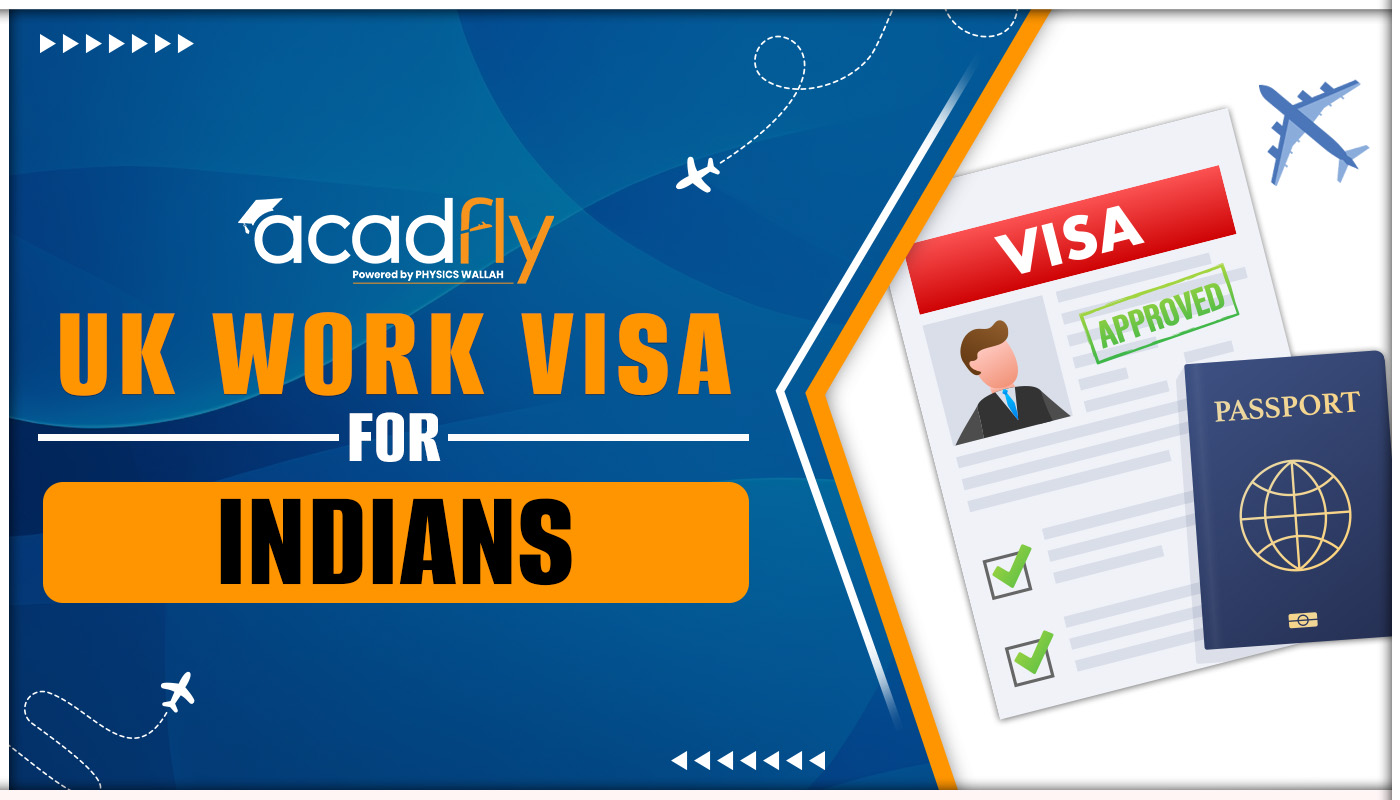
Studying MBBS abroad is an increasingly common choice for medical aspirants seeking global exposure, access to modern facilities, and education aligned with international standards. While this academic path offers numerous advantages, it also presents distinct challenges, particularly in the areas of cultural integration and language adaptation. These aspects play a significant role in shaping both the personal and professional journey of students.
For those considering studying MBBS abroad, it is essential to understand that academic success is closely tied to how effectively one adapts to a new cultural environment and communicates in the local or instructional language. Provided here is a detailed overview of the cultural and language barriers involved in studying MBBS abroad and offers practical solutions for overcoming them.
Why Students Choose to Study MBBS Abroad
Before diving into the barriers, it's important to understand why thousands of students opt to study MBBS abroad each year.
-
Affordable Tuition: Compared to private medical colleges in countries like India or the US, many nations offer lower tuition fees.
-
Global Recognition: Medical degrees from top foreign universities are often recognized by global bodies such as the WHO, MCI/NMC (India), and ECFMG (US).
-
Advanced Infrastructure: Many foreign institutions offer state-of-the-art laboratories, hospitals, and clinical exposure.
-
Easier Admission Process: In some countries, the admission criteria are less competitive, especially with no requirement for entrance exams like NEET in certain regions.
Key Cultural and Language Barriers Faced by MBBS Students Abroad
Studying MBBS abroad can bring a culture shock and language-related struggles. Below are the most common barriers faced by international students:
1. Language Barrier
A major challenge for students studying MBBS abroad is overcoming the language barrier. While many universities offer English-medium instruction, students often struggle to understand local dialects during clinical rotations. Effective communication with patients becomes difficult when they speak only their native language. Additionally, daily interactions outside the classroom, such as shopping or using public transport, can be challenging in non-English-speaking countries. Furthermore, students must often use medical terminology in the local language during clinical practice, making basic language proficiency essential for both academic and professional success.
2. Cultural Differences
Adapting to new social norms and etiquette is a common cultural challenge for students studying MBBS abroad. Customs related to greetings, gender interaction, and religious practices can differ greatly from those in their home countries, requiring sensitivity and awareness. Additionally, adjusting to unfamiliar food and lifestyle habits can be difficult, particularly for vegetarians or students with religious dietary restrictions. The absence of familiar festivals or a lack of understanding of local celebrations can also contribute to feelings of isolation and cultural disconnection.
3. Educational Differences
Educational systems abroad often differ significantly from those students are accustomed to in their home countries. Teaching methodologies may vary, with some universities emphasizing theoretical instruction while others prioritize hands-on practical training. This shift in approach can require a period of academic adjustment. Additionally, grading and assessment criteria may follow unfamiliar standards, making it essential for students to understand how their performance will be evaluated. Familiarity with these academic practices is crucial for successfully navigating the medical curriculum and meeting institutional expectations.
Overcoming Cultural and Language Barriers While Studying MBBS Abroad
Navigating these barriers requires awareness, preparation, and adaptability. Below are strategies and resources students can utilize:
1. Language Preparation
-
Enroll in Language Courses: Many universities offer pre-med or foundation language courses.
-
Use Language Apps: Apps like Duolingo, Babbel, and Memrise can help build basic communication skills.
-
Join Language Exchange Groups: Partner with local students or international peers for mutual learning.
2. Cultural Immersion
-
Participate in Cultural Events: Join university-led cultural programs or clubs to learn local customs.
-
Understand Local Etiquette: Simple research or asking locals about do’s and don’ts can help avoid misunderstandings.
-
Celebrate Local Festivals: Involvement in local celebrations can ease homesickness and foster friendships.
3. Academic Adaptation
-
Attend Orientation Programs: Most universities conduct induction sessions that explain grading systems, course structure, and student support services.
-
Consult Academic Advisors: These professionals guide you through curriculum adjustments and learning styles.
-
Study in Groups: Collaborative learning can help understand complex subjects and improve communication.
4. Emotional and Psychological Support
-
Counseling Services: Universities often have dedicated international student support and mental health services.
-
Student Communities: Joining cultural clubs, regional associations, or international student unions can provide a support network.
-
Maintain Communication with Family: Regular calls or video chats help reduce emotional stress.
Country-Wise Cultural and Language Considerations for MBBS Students
When choosing to study MBBS abroad, understanding the cultural and linguistic environment of your host country is crucial. These factors significantly impact academic success, clinical training, and social integration throughout your medical education journey.
|
Country-Wise Cultural and Language Considerations for MBBS Students |
|||
|
Country |
Language Barrier |
Cultural Notes |
Recommended Action |
|
Russia |
High |
Conservative lifestyle, Orthodox traditions |
Learn Russian basics |
|
China |
Medium |
Respect for hierarchy, indirect communication |
Enroll in Mandarin classes |
|
Philippines |
Low |
English widely spoken, Westernized culture |
Minimal adjustment needed |
|
Ukraine |
High |
Formal culture, Eastern European etiquette |
Local language classes recommended |
|
Georgia |
Medium |
Hospitality-focused, Orthodox culture |
Participate in local cultural activities |
Tips for Prospective Students Planning to Study MBBS Abroad
Proper planning is essential before embarking on your MBBS journey abroad. From selecting the right country to preparing essential documents, these tips help ensure a smooth transition and set a strong foundation for academic and personal success.
-
Research Thoroughly: Understand the country’s language requirements, cultural background, and lifestyle before applying.
-
Connect with Alumni: Speaking to former students can provide firsthand insights into managing cultural and academic life.
-
Check University Rankings and Accreditation: Ensure the institution is recognized by the appropriate medical council in your home country.
-
Prepare Documentation: Some countries may require a proof of language proficiency (like IELTS/TOEFL) or medical insurance.
Studying MBBS Abroad FAQs
Why Choose MBBA Abroad?
Which countries are good for MBBS?
What are the eligibility criteria for studying MBBS abroad?
How do I apply for study MBBS abroad?









